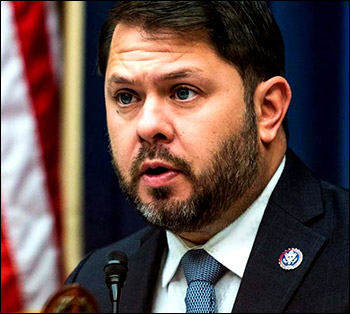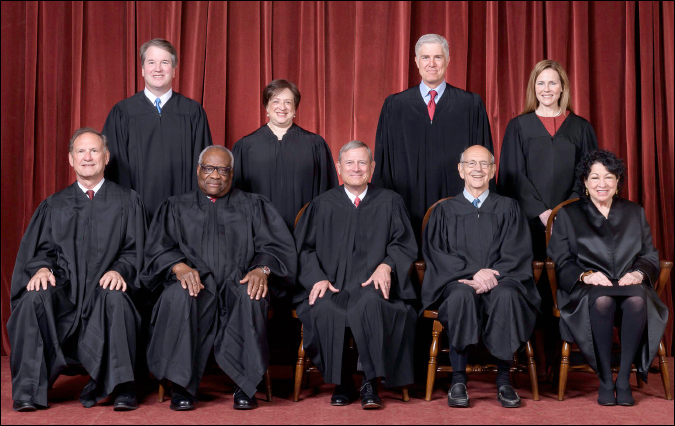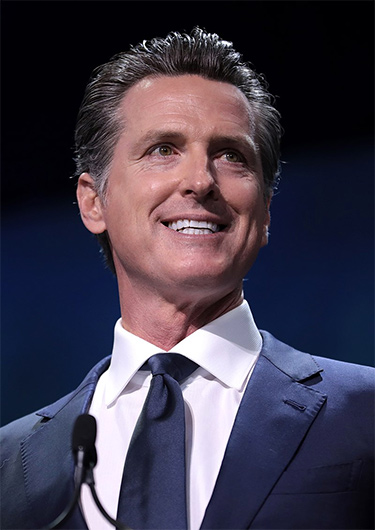By Jim Ellis — Thursday, April 27, 2023
President
Battleground Polling: New Surveys in Key States —As reported Tuesday, on the four-year anniversary of announcing his victorious candidacy in 2019, President Joe Biden officially declared for re-election.
 At his current age of 80, Biden is already the oldest individual to occupy his office; curiously, he plans to adopt the theme of ‘needing more time to finish the job’ building upon the goals he originally outlined when embarking upon his 2020 national campaign.
At his current age of 80, Biden is already the oldest individual to occupy his office; curiously, he plans to adopt the theme of ‘needing more time to finish the job’ building upon the goals he originally outlined when embarking upon his 2020 national campaign.
Public Opinion Strategies (POS) conducted five 500-sample general election polls in five battleground states during the April 11-20 period, and all of the surveys produced very close results while highlighting a familiar pattern. This research gives us an early indication that we will again see a very close general election campaign.
In Arizona, Michigan, Nevada, Pennsylvania, and Wisconsin, POS tested both former President Donald Trump and Florida Gov. Ron DeSantis individually against President Biden. In every instance, we see DeSantis running better when paired against Biden than does Trump.
First, in Arizona, President Biden would lead Trump by a single point, while Gov. DeSantis would record a six-point advantage over the Democratic incumbent. The Michigan numbers produced a similar pattern, with the president running two points ahead of Trump but trailing the Florida governor by three. Almost the same pattern occurred in the Silver State of Nevada: Biden up one over Trump but down three to DeSantis. Pennsylvania yields virtually the same result: Biden plus-4 over Trump; DeSantis plus-3 over Biden. And, just about the same was projected for Wisconsin: Biden leading Trump by three percentage points while drawing even opposite Gov. DeSantis.
Governor
Louisiana: AG Landry Leads in Open Seat Poll — WPA Intelligence, polling for the Club for Growth organization (April 11-13; 500 likely Louisiana primary voters; live interview), projects Republican Attorney General Jeff Landry to be opening a large lead over his open race gubernatorial opponents. The ballot test results yield a 36-18 percent lead over Democratic former state Transportation Secretary Shawn Wilson. No other candidate reaches double-digits, with state Treasurer John Schroder (R) topping the also-rans with six percent support.
The all-party jungle primary is scheduled for Oct. 14, 2023. If no one reaches 50 percent, the top two finishers will then face each other in a runoff election on Nov. 18. Gov. John Bel Edwards (D) is ineligible to seek a third term.
California: Second 2026 Candidate Announces — Yesterday, we covered the story that California Lt. Gov. Eleni Kounalakis (D) already formally announced her 2026 campaign for governor. Following suit, former state Treasurer Betty Yee (D) made a public statement saying that she, too, will be competing in what will be an open California governor’s race with Gov. Gavin Newsom (D) ineligible to seek a third term.
It is highly unusual to see candidates announce for a race almost four years in advance of the election. In a state the size of California, however, and considering the expense of a statewide campaign, time becomes as important a resource as money. Therefore, multi-cycle campaigns could be the beginning of a future Golden State trend.



